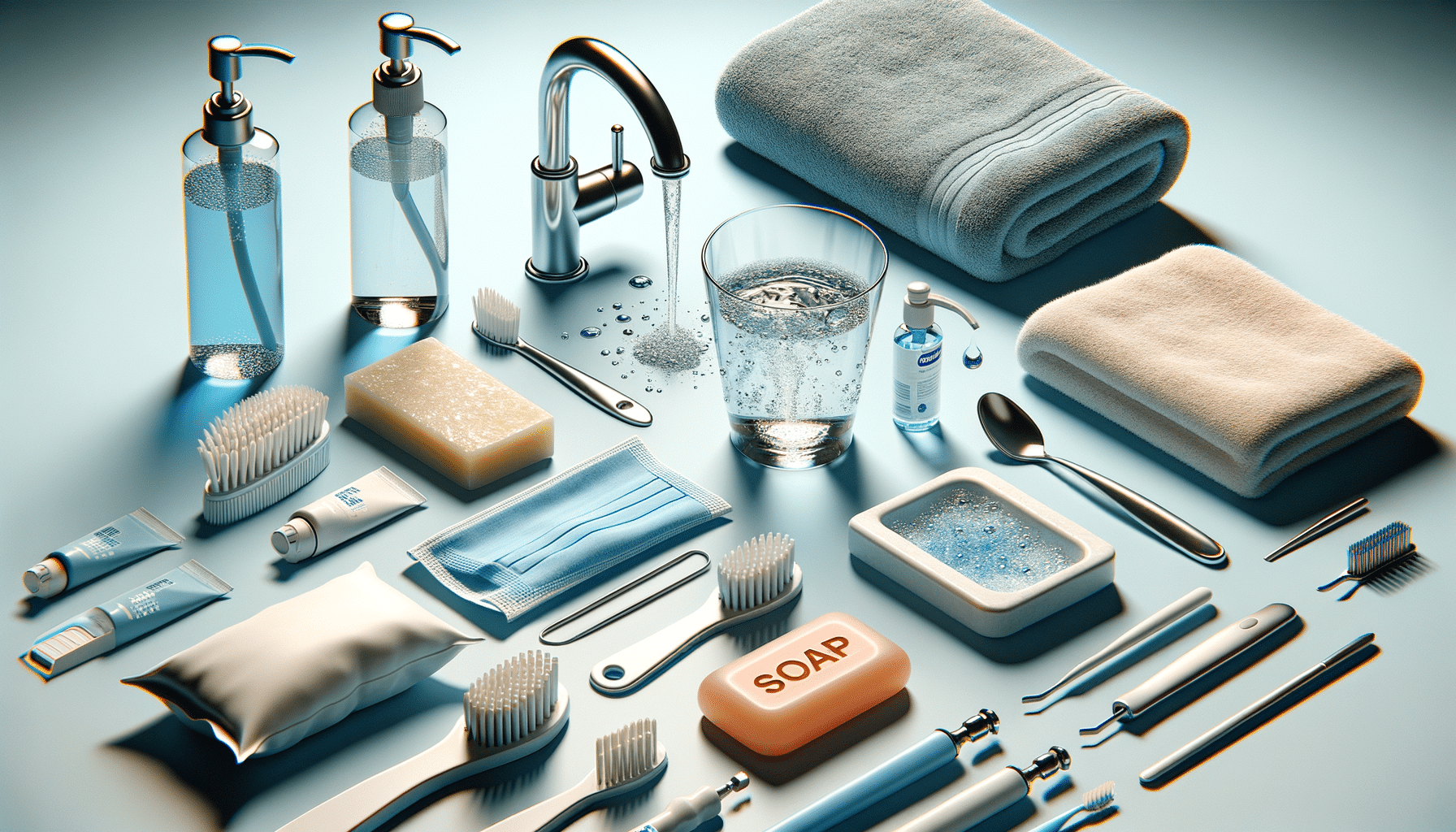
The Art and Science of Hygiene: A Comprehensive Guide to Clean Living
The Importance of Personal Hygiene
Personal hygiene is more than just a daily routine; it’s a vital practice that significantly impacts our health and social interactions. Maintaining good personal hygiene helps prevent the spread of illnesses and infections, boosts self-esteem, and fosters a positive impression in social and professional environments. According to the Centers for Disease Control and Prevention (CDC), regular handwashing alone can prevent about 30% of diarrhea-related sicknesses and about 20% of respiratory infections.
Good personal hygiene involves several practices, such as:
- Regular handwashing with soap and water
- Daily bathing or showering
- Brushing and flossing teeth at least twice a day
- Wearing clean clothes
- Proper nail care
These practices not only help maintain health but also enhance social interactions by reducing body odor and improving appearance. In essence, personal hygiene is a simple yet powerful tool in promoting overall well-being.
Public Hygiene and Its Impact on Society
Public hygiene, often referred to as environmental hygiene, plays a crucial role in maintaining community health. It encompasses a range of practices aimed at keeping public spaces clean and safe, thereby preventing the spread of diseases. This includes sanitation, waste management, clean water supply, and pollution control.
For instance, effective waste management systems prevent the proliferation of pests and reduce the risk of diseases such as cholera and dysentery. Access to clean water is another critical aspect, as contaminated water is a leading cause of many infectious diseases. The World Health Organization (WHO) estimates that improving water, sanitation, and hygiene could prevent at least 9% of the global disease burden.
Public hygiene is a shared responsibility, requiring cooperation between governments, organizations, and individuals to ensure a healthy environment for all. By investing in public hygiene, societies can reduce healthcare costs, increase productivity, and improve the quality of life for their citizens.
Hygiene in the Digital Age: Challenges and Solutions
In today’s digital world, hygiene extends beyond the physical realm to include digital hygiene. As our lives become increasingly intertwined with technology, maintaining digital hygiene is essential to protect personal information and ensure cybersecurity.
Digital hygiene involves practices such as:
- Regularly updating software and applications
- Using strong, unique passwords for different accounts
- Being cautious of phishing scams and suspicious links
- Regularly backing up important data
- Utilizing antivirus software
These practices help protect against cyber threats, which can lead to data breaches and identity theft. As cyber threats continue to evolve, staying informed and vigilant about digital hygiene is crucial for safeguarding personal and organizational information.
The Role of Hygiene in Mental Health
While hygiene is often associated with physical health, its impact on mental health is equally significant. Poor personal hygiene can be a symptom of mental health issues such as depression or anxiety, and conversely, maintaining hygiene can improve mental well-being.
Engaging in regular hygiene practices can provide a sense of routine and control, which is beneficial for mental health. It can also enhance self-esteem and confidence, reducing feelings of social isolation. Moreover, the act of caring for oneself can serve as a form of self-compassion, promoting a positive self-image.
For those struggling with mental health challenges, establishing a simple hygiene routine can be a step towards recovery. Support from mental health professionals, family, and friends can also play a crucial role in encouraging and maintaining good hygiene practices.
Innovations in Hygiene: Looking to the Future
As technology advances, so do innovations in hygiene practices and products. From touchless faucets and smart toilets to UV sanitizers and antimicrobial surfaces, the future of hygiene is both exciting and promising.
These innovations aim to enhance hygiene by reducing human contact with germs and improving the effectiveness of cleaning. For example, antimicrobial surfaces are designed to kill or inhibit the growth of microorganisms, making them ideal for high-touch areas such as door handles and countertops.
Moreover, the rise of eco-friendly hygiene products reflects a growing awareness of environmental sustainability. Biodegradable materials and natural ingredients are becoming more prevalent, offering consumers safer and more sustainable options.
As we look to the future, continued research and development in hygiene will play a crucial role in addressing global health challenges and improving quality of life.